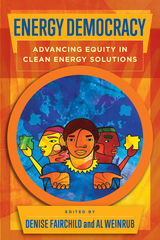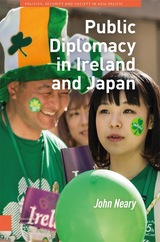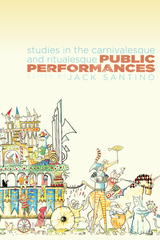
These climate and environmental impacts are particularly magnified and debilitating for low-income communities and communities of color that live closest to toxic sites, are disproportionately impacted by high incidences of asthma, cancer and rates of morbidity and mortality, and lack the financial resources to build resilience to climate change.
Energy democracy tenders a response and joins the environmental and climate movements with broader movements for social and economic change. Energy democracy is a way to frame the international struggle of working people, low income communities, and communities of color to take control of energy resources from the energy establishment and use those resources to empower their communities—literally providing energy, economically, and politically. Energy democracy is more important than ever as climate and social justice advocates confront a shocking political reality in the U.S.
This volume brings together racial, cultural, and generational perspectives. This diversity is bound together by a common operating frame: that the global fight to save the planet—to conserve and restore our natural resources to be life-sustaining—must fully engage community residents and must change the larger economy to be sustainable, democratic, and just. The contributors offer their perspectives and approaches to climate and clean energy from rural Mississippi, to the South Bronx, to Californian immigrant and refugee communities, to urban and semi-rural communities in the Northeast. Taken together, the contributions in this book show what an alternative, democratized energy future can look like, and will inspire others to take up the struggle to build the energy democracy movement.

Powerful personal accounts from migrants crossing the US–Mexico border provide an understanding of their experiences, as well as the consequences of public policy
Migrants, refugees, and deportees live through harrowing situations, yet their personal stories are often ignored. While politicians and commentators mischaracterize and demonize, herald border crises, and speculate about who people are and how they live, the actual memories of migrants are rarely shared. In the tradition of oral storytelling, Voices of the Border reproduces the stories migrants have told, offering a window onto both individual and shared experiences of crossing the US–Mexico border.
This collection emerged from interviews conducted by the Kino Border Initiative (KBI), a Jesuit organization that provides humanitarian assistance and advocates for migrants. Based in Nogales, Arizona, and Nogales, Sonora—twin border cities connected by shared histories, geographies, economies, and cultures—the editors and their colleagues documented migrants’ testimonios to amplify their voices. These personal narratives of lived experiences, presented in the original Spanish with English translations, bring us closer to these individuals’ strength, love, and courage in the face of hardship and injustice. Short introductions written by migrant advocates, humanitarian workers, religious leaders, and scholars provide additional context at the beginning of each chapter.
These powerful stories help readers better understand migrants' experiences, as well as the consequences of public policy for their community.
Royalties from the sale of the book go to the Kino Border Initiative.
READERS
Browse our collection.
PUBLISHERS
See BiblioVault's publisher services.
STUDENT SERVICES
Files for college accessibility offices.
UChicago Accessibility Resources
home | accessibility | search | about | contact us
BiblioVault ® 2001 - 2024
The University of Chicago Press









